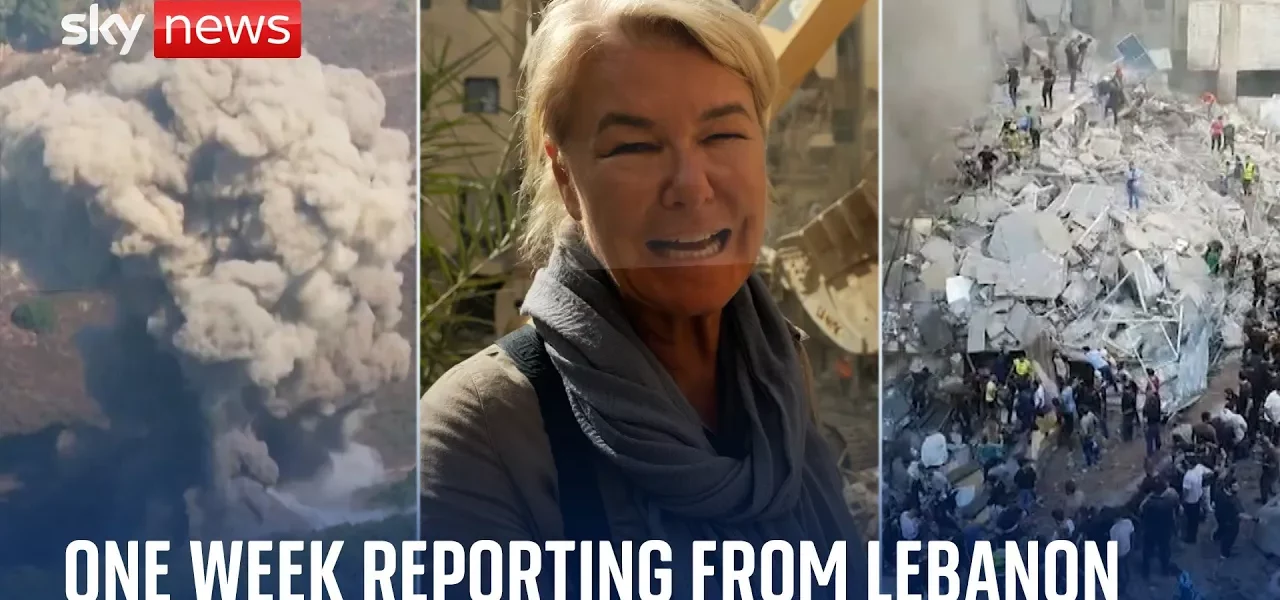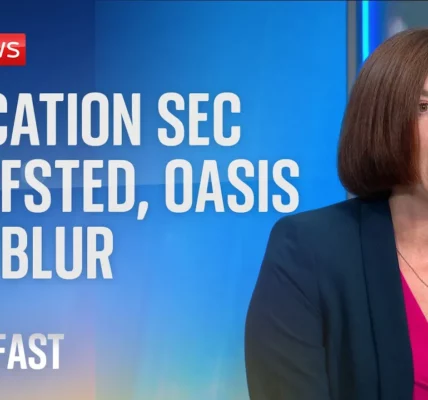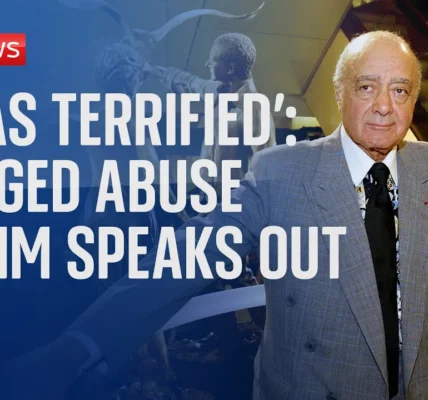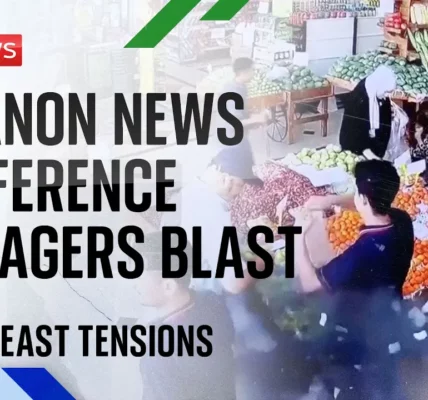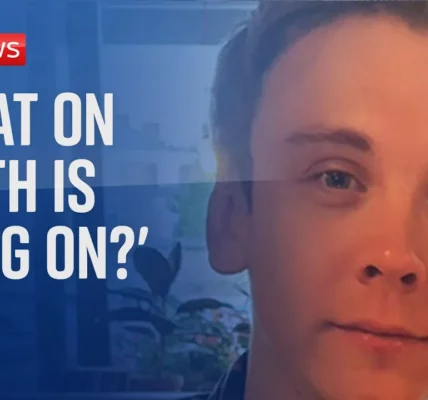How Are We Going to Survive? Analyzing the Israeli Air Strikes in Beirut

This article provides a comprehensive overview of the recent Israeli airstrikes in Beirut, Lebanon, detailing the devastation caused, the military objectives, and the broader implications for regional stability and civilian safety.
Introduction
The ongoing conflict between Israel and Hezbollah has escalated dramatically, particularly with the recent airstrikes that have left vast areas of Beirut in ruins. These events mark one of the most deadly escalations in nearly two decades, highlighting the fragile state of peace in the region. As residents sift through the rubble of their homes, questions arise about survival amidst chaos, military strategy, and the potential for further conflict.
The Impact of the Airstrikes in Beirut
The Israeli military’s targeted strikes have had devastating consequences for the civilian population in Beirut’s southern suburbs. The airstrikes were aimed at high-value targets within Hezbollah, but the collateral damage has raised alarms about the safety and well-being of innocent lives caught in the crossfire.
Destruction and Casualties
Recent airstrikes have flattened entire high-rise blocks, with pictures from local residents capturing the stark reality of destruction:
- Cars flipped and covered in dust.
- Dozens of individuals searching for survivors, including children.
- Emergency workers struggling to cope with the influx of casualties.
Military Objectives vs. Civilian Safety
The Israeli military claimed that its operations aimed to dismantle Hezbollah’s command structure. However, the densely populated nature of the target areas raises serious ethical questions:
- Can military objectives justify the loss of civilian lives?
- What measures are in place to minimize civilian casualties?
- How do airstrikes affect public perception of the conflict?
Hezbollah’s Response and Regional Implications
In the wake of these airstrikes, Hezbollah’s leadership has vowed to retaliate, signaling a potential escalation in hostilities that could lead to a wider conflict.
Hezbollah’s Military Position
Hezbollah, known for its resilience, has reiterated its commitment to retaliate against Israeli aggression. The group’s deputy leader has promised a “battle without limits,” which raises concerns about the possibility of:
- Increased rocket fire into Israeli territory.
- Potential for regional involvement from other nations.
- Heightened military preparedness on both sides.
Public Sentiment in Lebanon
The civilian population in Lebanon is deeply affected by the ongoing conflict, creating a volatile mix of fear and defiance. Many residents express feelings of despair, as illustrated by statements like:
“My future is being broken in front of my eyes.”
This sentiment is echoed in public demonstrations across Beirut, where thousands gather to show support for Hezbollah while condemning Israeli actions.
The Humanitarian Crisis
The humanitarian situation in Lebanon has deteriorated sharply as a result of the ongoing conflict. The constant airstrikes and military operations have displaced many families, leading to a growing humanitarian crisis.
Displacement and Refugee Challenges
As families flee the violence, the influx of displaced individuals has strained emergency services:
- Emergency centers are overwhelmed with new arrivals.
- Basic supplies are dwindling, causing panic among residents.
- Children and vulnerable populations are particularly at risk.
The Role of International Organizations
Organizations like UNHCR are on the ground, attempting to address the urgent needs of those affected. However, their resources are limited, and the ongoing violence complicates their efforts.
Conclusion
The situation in Beirut is dire, with the ramifications of the Israeli airstrikes felt across the region. As Hezbollah prepares for potential retaliation, the threat of a broader conflict looms large. It is crucial for international actors to intervene and advocate for a ceasefire to protect civilian lives and prevent further escalation.
We encourage readers to stay informed and support humanitarian efforts aimed at assisting those affected by the conflict. Together, we can help bring attention to the urgent need for peace and stability in Lebanon.
“`
